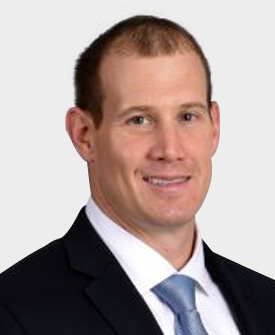The human spine is a marvelous structure consisting of 33 bones stacked neatly atop one another. Tendons, ligaments and muscles connect to the spine, which provides a flexible yet strong scaffolding for the body. The spine allows you to stand upright, bend and twist – all while protecting your spinal cord, the communications highway that threads a vast network of nerves from your brain to all corners of the body.
Most of the time, the spine and its many components work together harmoniously. However, as with any complex system, it’s relatively easy for one piece to shift out of optimal alignment or incur an injury. When that happens, you may need the services of a spinal surgeon, a type of physician that subspecializes in neurosurgery and/or orthopedic surgery.
1. Training background
Spinal surgeons aren’t all the same. Some specialize in treating only certain parts of the spine – such as the cervical spine (the neck) or the lumbar spine (the lower back). Others focus on a specific type of patient, such as children or people with cancer.
“Spine specialists should meet all of the prerequisites, like being board certified and having the necessary credentials, but they should also have a high level of knowledge about spine surgery and the latest advances in the field,” says Dr. Hooman M. Melamed, a board-certified orthopedic spine surgeon in Beverly Hills, California.
In some situations, you may fare better with a spine surgeon with a neurosurgery background. This is especially true if you have a spinal cord tumor or another condition that affects the dura mater inside the spinal cord. For other conditions, particularly those that impact the bones of the spine, an orthopedic surgeon with a spinal surgery subspecialty may be the better option.
2. Ability
In the operating room, a spine surgeon must be confident and precise and move expeditiously.
“(They) need to have the clinical skill to diagnose and appropriately plan a surgical course. They also must understand when surgery is not the answer and a more conservative approach (such as physical therapy or medication) is appropriate,” says Dr. Jeremy S. Smith, chief of spine surgery and director of the spine surgery fellowship at the Hoag Orthopedic Institute in Irvine, California.
You should ask whether the surgeon tracks patient outcomes from procedures and if they’ll share that information with you.
Surgeons who collect this information are “honest about how their patients do and continuously strive to improve,” says Dr. Stephanus Viljoen, a board-certified neurosurgeon specializing in the treatment of adult spinal deformity and complex reconstructive spine surgery at the Ohio State University Wexner Medical Center in Columbus.


